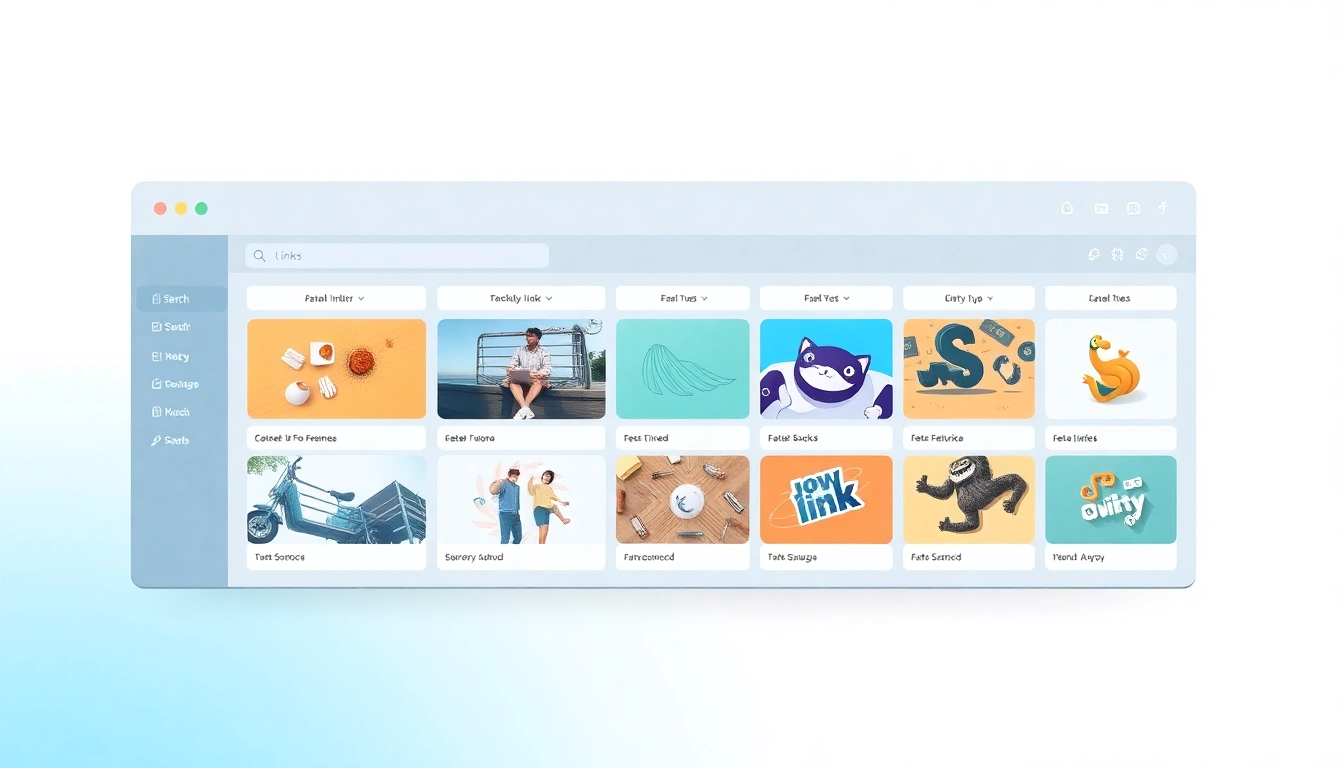Introduction to Wildfire Event Perth
The wildfire event perth serves as a vibrant celebration that brings the community together for unforgettable outdoor experiences. With an array of activities, workshops, and performances, these events play a significant role in enhancing community spirit and unity. The essence of community events like these lies in their ability to create lasting memories while contributing to local culture and engagement.
What is a wildfire event perth?
A wildfire event perth is not merely about confrontations with the element of fire; rather, it encapsulates a series of carefully curated events and activities designed to educate and engage attendees on various facets of fire management, outdoor activities, and community resilience. These events often feature demonstrations from firefighting professionals, interactive stations for children and adults alike, and an array of entertainment options.
The primary goal of the wildfire event perth is to promote awareness regarding the impact of wildfires, while simultaneously celebrating the community’s ability to come together for shared outdoor enjoyment. Attendees of all ages are welcome, and various activities are tailored to suit everyone, from adventurous teens to families with young children.
Importance of community events in Perth
Community events like the wildfire event perth serve as vital platforms for fostering connections among residents. They provide opportunities for socializing, networking, and volunteering, which helps strengthen the fabric of the community. Not only do they inform the public about important safety measures and fire management techniques, but they also celebrate local culture and encourage participation from diverse groups.
Moreover, community events can also contribute economically by supporting local businesses and promoting local artisans. By giving these businesses a stage on which to showcase their products and services, events can aid in the sustainability and growth of the local economy.
Overview of activities offered
The wildfire event perth features a plethora of activities designed to entertain, educate, and inspire participants. From thrilling outdoor challenges to engaging workshops, there is something for everyone. Key activities often include:
- Outdoor adventure zones: These areas are equipped with various adventure challenges, including obstacle courses and team-building exercises that encourage cooperation and physical fitness.
- Educational workshops: Attendees can participate in workshops conducted by experts that cover fire safety, prevention techniques, and emergency preparedness.
- Live performances: Various entertainment options are available, including musical acts, storytelling sessions, and performances that celebrate local culture and history.
- Food and craft stalls: Local vendors provide delicious food options and handmade crafts, adding to the vibrant atmosphere of the event.
Planning Your Visit to a Wildfire Event Perth
Best times to attend a wildfire event perth
When planning to attend the wildfire event perth, consider arriving in the early hours to fully experience the day’s activities. Events are typically scheduled during weekends, usually in the spring and early summer months to accommodate pleasant weather conditions. Early attendance allows families to enjoy the activities before crowds gather, ensuring a more relaxed experience.
Getting there: Transportation options
Reaching the wildfire event perth can be easily accomplished through various means of transportation. Public transport, including buses and local train services, provides convenient and cost-effective methods for attendees. Parking facilities may also be available on-site for those who prefer to drive, but it’s advisable to arrive early to secure a spot.
What to bring for a perfect day out
Prepare for a fantastic day at the wildfire event perth by bringing essential items. Here’s a checklist to ensure you have everything you need:
- Comfortable clothing: Dress for the weather, opting for layers that can be added or removed based on temperature fluctuations.
- Sunscreen: Protect your skin from the sun, especially during outdoor events.
- Water bottles: Stay hydrated while participating in activities.
- Camera or smartphone: Capture memorable moments throughout the day.
- Cash or credit card: For food stalls and local vendors.
Activities to Expect at Wildfire Event Perth
Outdoor adventure zones and challenges
The outdoor adventure zones at the wildfire event perth are designed to be participatory, thrilling, and engaging. Attendees can expect elements like climbing structures, zip lines, and obstacle courses that challenge physical abilities and promote teamwork and camaraderie. These zones cater to various age groups, ensuring that everyone finds an exhilarating experience. Participants can take on challenges solo or in teams, fostering connections with peers and encouraging friendly competition.
Workshops and learning opportunities
Beyond entertainment, the wildfire event perth offers numerous workshops led by experts in fire safety, risk assessment, and outdoor education. Participants can learn critical skills and gain insights into wildfire management, risk factors, and procedures to follow during emergencies. These workshops cater to various skill levels, from those who have little knowledge of fire safety to experienced outdoor enthusiasts seeking to deepen their understanding.
Entertainment and performances throughout the event
The entertainment factor at the wildfire event perth is equally important in fostering community engagement. From talented local musicians performing live music to interactive theater, performances keep the atmosphere lively and enjoyable. Families can participate in storytelling sessions, craft activities for children, and interactive demonstrations that captivate audiences while delivering informative content.
Impact of Wildfire Events on Perth Community
Building connections and fostering relationships
The wildfire event perth plays a crucial role in building relationships among community members. By participating in shared experiences, residents develop a sense of community and belonging. Connections fostered at such events often translate into long-term relationships, whether it be through friendships formed among families or partnerships among local organizations. These lasting connections can enhance community resilience, particularly when facing challenges such as natural disasters.
The role of local businesses in wildfire events
Local businesses benefit significantly from the wildfire event perth, both economically and socially. Many local artisans showcase their products at vendor booths, allowing them to connect with potential customers directly and raise awareness about their services. This visibility can often lead to increased sales and customer loyalty. Additionally, local eateries often provide food for the event, allowing them to reach a wider audience. Events like these contribute to the overall health of the local economy by supporting businesses while creating an engaging environment for attendees.
Opportunities for volunteering and participation
The wildfire event perth invites not only attendees but also volunteers from the community to be part of the action. Volunteering opportunities range from helping with setup and logistics to facilitating activities and guiding participants throughout the event. Engaging in volunteer roles can be a fulfilling way to contribute to the community while gaining firsthand experience in event management and networking.
Evaluating Your Experience at Wildfire Event Perth
Feedback and suggestions for future events
To ensure the continued success of future wildfire events, attendee feedback is essential. After participating, individuals are encouraged to share their experiences through surveys or community discussions. This feedback is instrumental in identifying what worked well and areas for improvement. A strong feedback loop enables organizers to refine the event format and activities, enhancing the experience for future attendees.
How to stay updated on upcoming wildfire events perth
Staying informed about upcoming wildfire events perth is crucial for active participation. Subscription to local community newsletters, following social media pages dedicated to the event, and regular visits to local community centers can keep individuals in the loop. Engaging with community forums or joining local clubs focused on outdoor activities or fire safety can also ensure access to timely updates.
Sharing your experience on social media
Sharing experiences from the wildfire event perth on social media can enhance community outreach and promote future events. Attendees can post photos, reviews, and highlights from their day, encouraging others to join. By using specific hashtags related to the event, participants broaden the conversation, creating a buzz that can engage more community members in future events.









